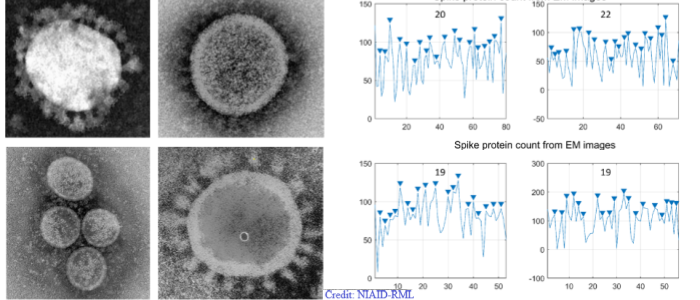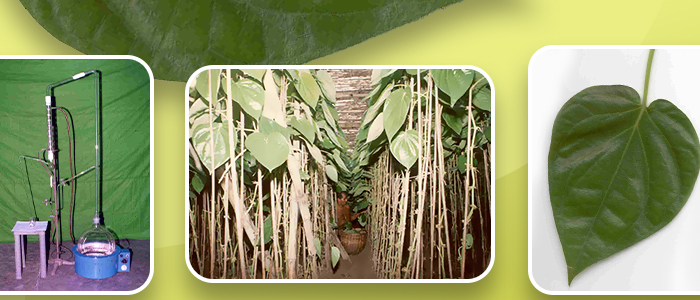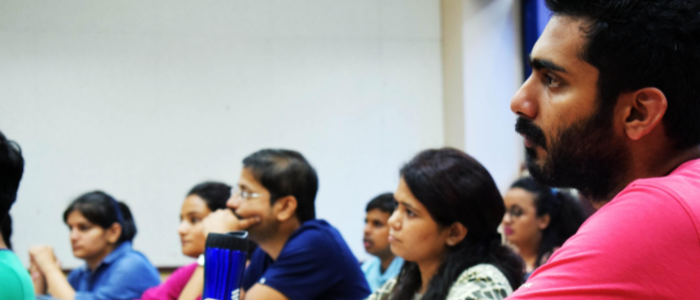
SARS-CoV-2 Alters Lung Cell Metabolism – IIT Kharagpur Research Model Shows, Model Could Help Therapeutics
Model development by IIT Kharagpur researchers predicting alteration in metabolic reaction rates of lung cells post SARS-CoV-2 infection The research would lead to a better understanding of metabolic reprogramming and aid the development of better therapeutics to deal with the viral pandemics COVID-19 pandemic has been posing unprecedented threats to the whole world. Among its many perils is the cellular metabolic system of those who tested positive. Coronaviruses are known to hijack the metabolism of lung cells. This threat makes it absolutely imperative to understand the mechanism of metabolic reprogramming of host human cells by SARS-CoV-2. Researchers at IIT Kharagpur…


